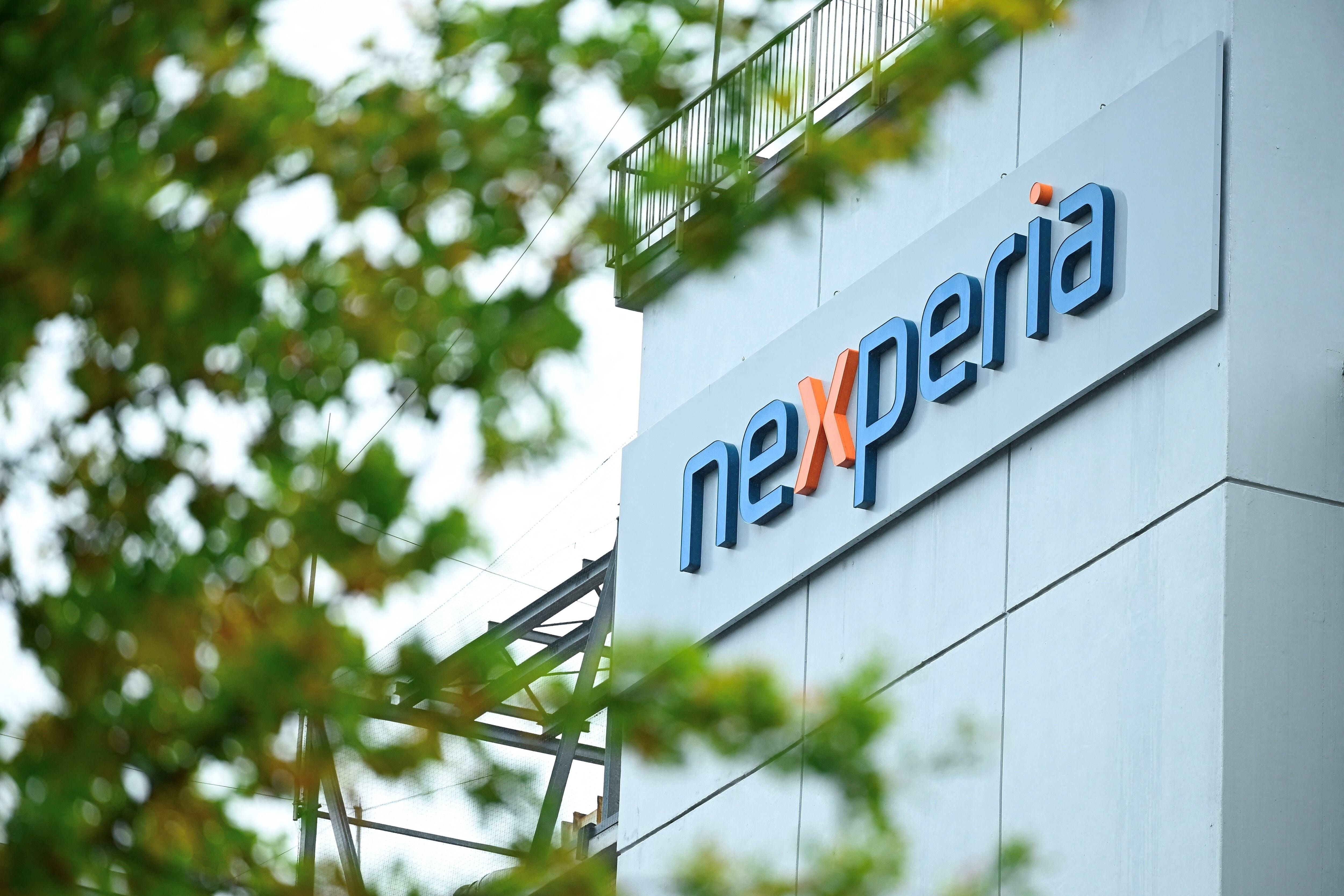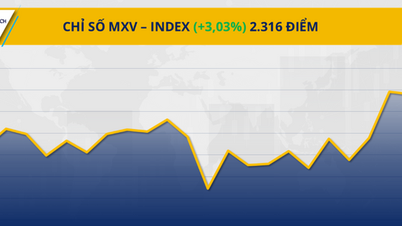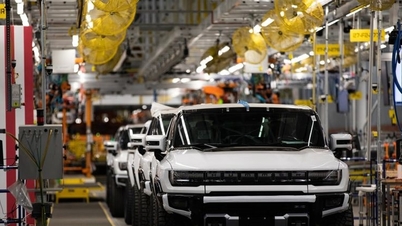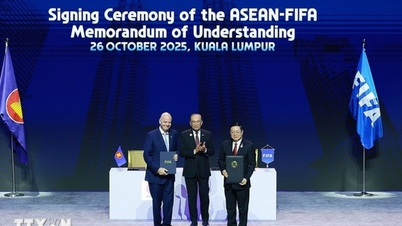Auto assembly plants in the US are at risk of having to shut down operations in the next 2-4 weeks due to disruptions in chip supplies related to the Nexperia dispute. The warning was issued by MEMA, the largest US auto parts and equipment supplier association, after China blocked Nexperia from exporting from its Chinese manufacturing facilities, following the Dutch government ’s takeover of Nexperia.
Nexperia is a key chip supplier to the auto and consumer electronics industries. While it mainly produces older chips for basic functions, disruptions to these components could disrupt assembly lines, recreating the global chip shortages that occurred in 2021.
Nexperia at the center of trade tensions
On September 30, the Dutch government announced the takeover of Nexperia – a company headquartered in the Netherlands but 100% owned by Wingtech (China). After that, according to MEMA, Beijing blocked Nexperia from exporting products from factories in China. The move was seen as a reaction to the Dutch decision, further straining trade relations between China and the West.
In Europe, automakers are organizing 24/7 production to prevent the conflict from spreading. This week, Nexperia told Japanese customers that on-time deliveries were no longer guaranteed. At the same time, China tightened controls on key manufacturing components, while the US took similar measures in response, as the two sides prepared for a summit expected next week.
Old generation chip but is a vital link
Not as sophisticated as the chips for operating systems or driver assistance, Nexperia chips use older technology, taking care of basic functions such as turning on the windshield wipers, opening the windows, and controlling simple electrical systems. However, these are indispensable components in modern cars and few manufacturers still make them, making the supply chain vulnerable to disruptions.

Even a small broken link can prevent a car from being completed, so even if it’s not modern, older chips are still a “bottleneck” that can bring global assembly lines to a standstill when supplies are cut off.
Expected impact on US auto production in 2–4 weeks
MEMA predicts that a shortage of Nexperia-related chips could force some U.S. auto plants to halt operations in the next 2–4 weeks if no solution is found quickly. The disruption is not limited to a few vehicle lines, as these basic chips are found in most current models.
| Mold | Developments | Expected impact |
|---|---|---|
| September 30 | Netherlands announces takeover of Nexperia | Triggering trade tensions |
| Afterward | China blocks Nexperia from exporting from facilities in China | Disruption in supply of old generation chips |
| This week | Nexperia informs Japanese customers that delivery may be delayed. | The risk of late payment spreads to many areas. |
| 2–4 weeks to come | MEMA warns of risk of US auto plant shutdown | Assembly interruption, vehicle delivery delay |
| Next week | The much-anticipated summit | Hopes for a temporary easing of tensions |
Reaction of major car companies
Ford CEO Jim Farley called the Nexperia dispute “ political ” and said he had spoken with government officials during a trip to Washington last week. General Motors CEO Mary Barra acknowledged that chip supply constraints could impact production and said GM is working with partners to mitigate the risk. Stellantis, the parent company of Jeep, Peugeot and Fiat, said it is working with Nexperia and other suppliers to assess the impact and develop responses.

Risk scenarios and cooling expectations
If tensions persist, the U.S. auto industry could see a repeat of the chip crisis in 2021, when many factories had to stop production, causing huge losses and delaying deliveries globally. However, stakeholders hope that an interim trade deal between the U.S., China and Europe can ease the bottleneck before production is forced to stop.
In the short term, European manufacturers are working overtime to contain the impact, while in the US, automakers are closely monitoring supply and preparing for component replacement scenarios if possible. However, given the specificity of older-generation chips and the limited number of suppliers, the ability to quickly switch is a significant challenge.
Balancing supply chain security goals with the need for continued production will be a priority for the industry in the coming weeks, as the market awaits signs of cooling from the negotiations.
Source: https://baonghean.vn/khung-hoang-chip-experia-de-doa-te-liet-nganh-oto-my-10309234.html





























![[Photo] Nhan Dan Newspaper displays and solicits comments on the Draft Documents of the 14th National Party Congress](https://vphoto.vietnam.vn/thumb/1200x675/vietnam/resource/IMAGE/2025/10/26/1761470328996_ndo_br_bao-long-171-8916-jpg.webp)











































































Comment (0)